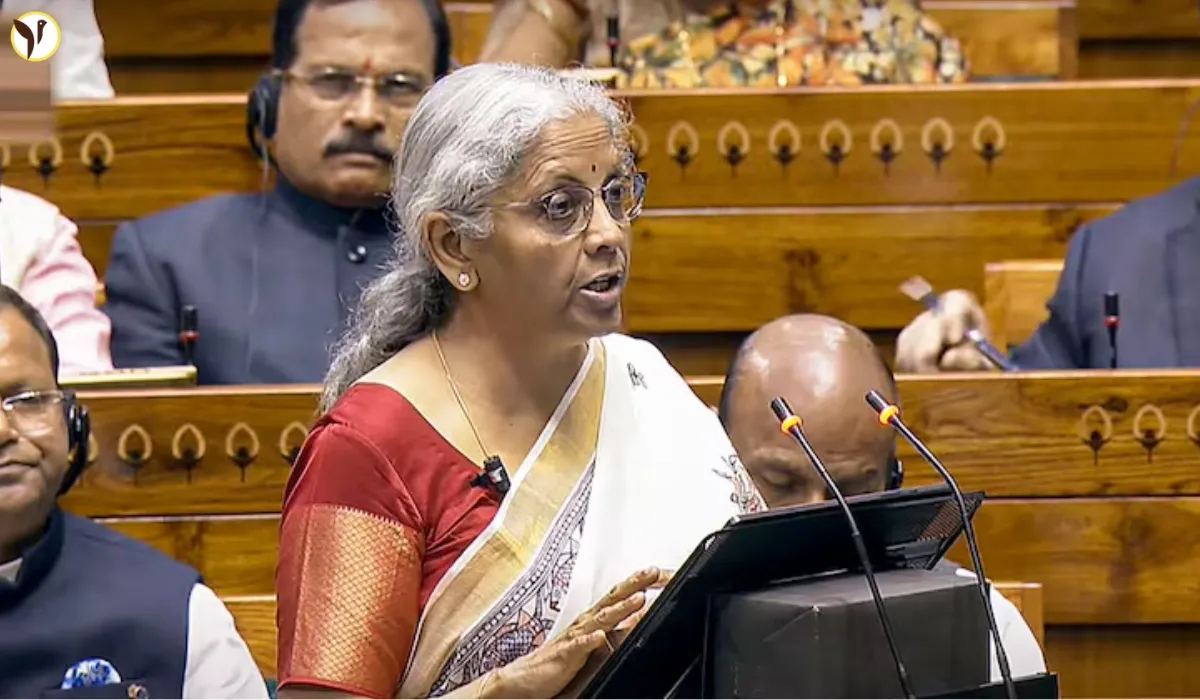```
Canada's AI Revolution: Evan Solomon Takes the Reins
In a world increasingly shaped by algorithms and data, Canada is making a bold move. Prime Minister Mark Carney's appointment of Evan Solomon as the Minister of Artificial Intelligence and Digital Innovation isn't just another cabinet shuffle; it's a signal that AI is no longer a niche concern, but a central pillar of the country's future.
A Full Cabinet Seat for AI
The fact that Evan Solomon holds a full cabinet position, unlike the ten other newly appointed junior ministers, speaks volumes. This isn't a side project; it's a priority. While a dedicated Department of AI isn't yet in place, Solomon will likely oversee AI initiatives through his additional role as Minister for Southern Ontario’s regional development agency – at least until a more permanent structure is established. Will this lead to a new federal AI department or agency? Only time will tell.
But for this appointment to be truly meaningful, it needs to be backed by substantial resources and staffing. While the details of Solomon's mandate haven't been publicly released, indications suggest an ambitious scope.
- Ambitious Goals: The government's intention is to move AI from the fringes into the mainstream, impacting healthcare, infrastructure, public services and the economy.
- Beyond Government Reform: The combined title "Minister of Artificial Intelligence and Digital Innovation" suggests a focus not just on improving government efficiency, but on rebuilding the Canadian economy through digital transformation.
- Public-Private Partnerships: The government envisions a collaborative approach, with the private sector as the driving force and the public sector providing guidance, risk mitigation, and foundational support.
This isn't merely policy evolution; it's a potential structural realignment similar to the energy sector's rise to prominence in the 1980s. AI, however, is even more pervasive, affecting every aspect of society.
Why AI Matters Now
Canada is not alone in its focus on AI. The UK, US, and UAE are among other nations establishing dedicated AI institutions. While Canada may not be leading the pack, this move firmly places it in the race, and potentially in a position to shape its direction.
The Trudeau government initiated the Pan-Canadian Artificial Intelligence Strategy in 2017 and introduced the Artificial Intelligence and Data Act (AIDA) in 2022. The Carney government, however, seems determined to take a more transformative approach, shifting from primarily focusing on regulation and risk management to unlocking AI's potential for economic growth and public service improvements.
Key areas of focus likely include:
- Public Services: Streamlining service delivery and empowering public servants to focus on problem-solving.
- Infrastructure: Billions are planned for investments in AI data centers, promoting Canadian technological sovereignty.
- Research and Development: Strengthening Canada's already renowned AI research ecosystem through institutions like Mila, Amii, and the Vector Institute.
Challenges and Opportunities Ahead
Despite the positive steps, significant challenges remain. How will Canada navigate the intensifying US-China rivalry in the AI sphere? Can this ministry not only formulate policy but also reshape Canada's global standing? Can the public service adapt to the pace of AI advancements? And critically, who will define the ethical values underpinning these powerful technologies?
These are not merely technical questions; they are societal ones. The answers will determine the kind of society Canada becomes.
Conclusion: A Bold Step Forward
The appointment of Evan Solomon signals a bold commitment to AI. It's a move with significant symbolic and administrative weight. Canadians should pay close attention. This new ministry has the potential to shape not just policy, but the very fabric of Canadian society.
```








